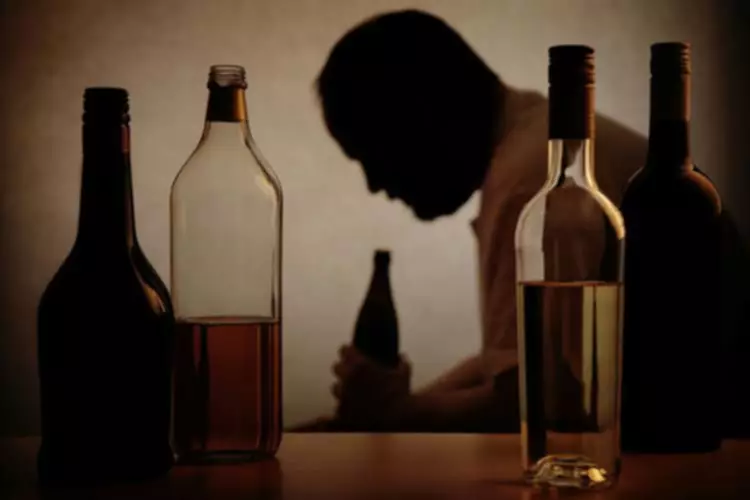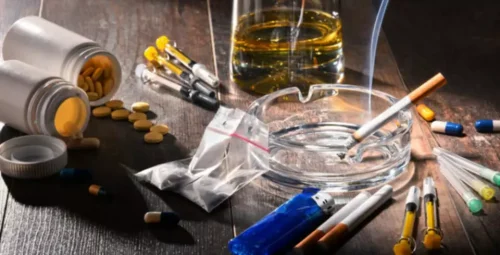
When an addicted person acts on their craving, a surge of neurotransmitters causes them to feel pleasure. Addiction is a disease that causes imbalances in the brain’s neurotransmitter (chemical messenger) systems. Affected neurotransmitter systems include the serotonin, opioid, and dopamine marijuana addiction systems.
- Having a relapse means that someone has returned to their previous level of alcohol, drug, or gambling use after having previously managed to control or quit it.
- During rehab, many people create specific plans for risky situations or times when they feel tempted to use drugs or drink alcohol.
- Inpatient treatment provides a place away from the stressors of home life and the support of doctors and behavioral therapists.
Co-Occurring Mental Health Disorders
- Experts in the recovery process believe that relapse is a process and that identifying its stages can help people take preventative action.
- A slip typically refers to accidental one-time use of alcohol or drugs, such as an alcoholic who has a single drink in a social setting.
- It’s like maintenance on a car – regular tune-ups keep everything running smoothly and prevent major breakdowns.
- Playing through what may happen because of relapse, like losing a relationship or job, or experiencing legal ramifications, may be a sufficient deterrent to return to use.
Understanding how a relapse happens is an important prevention strategy because you learn to recognize the signs and course-correct before you start using again. According to the model developed by Marlatt and Gordon, a relapse begins with a high-risk situation that is followed by a poor coping response. Then, they might believe that drugs and alcohol will feel good and alleviate these negative feelings, and this chain of events can lead to a full-blown relapse where a person returns to uncontrolled use. Understanding the causes of relapse, recognizing warning signs, and learning effective prevention techniques can help individuals maintain their recovery and avoid returning to substance use. At Greater Boston Addiction Centers, we provide comprehensive relapse prevention programs as part of our structured addiction treatment plans.
Reach out now and join our supportive

These specialized programs offer a comprehensive and personalized approach to recovery. Practicing self-care, sustaining a healthy lifestyle, establishing boundaries, and adopting relaxation techniques are critical relapse prevention skills steps in avoiding relapse into substance addiction. Stress can trigger a relapse, especially if you use drugs or alcohol to cope. Birthdays and other social events can also be triggers for people who celebrate with alcohol. People must also recognize that it’s okay to feel occasional cravings. Once they experience cravings, they’ll be ready to use the necessary coping skills.

Cognitive behavioral techniques
An addiction treatment program can help you establish abstinence again as well as reinforce your relapse prevention skills, coping strategies, impulse control skills, and more. Understanding the different types of relapse can help individuals in recovery and their support networks recognize warning signs and intervene early to prevent or address relapse. Developing coping skills, practicing self-care, seeking support from peers or professionals, and engaging in relapse prevention strategies can all help reduce the risk of relapse and support long-term recovery.
Psychological Factors
- The third and final stage of relapse is physical relapse, which involves a return to drug or alcohol abuse.
- Addiction is a chronic disease, and it isn’t easy to learn how to manage it.
- For example, they may attend clinics that provide detox but not therapy.
- 2 Much like recovery, relapse is a process that someone goes through—emotional, mental, and finally physical relapse—and is not a single event.
Preventing relapse is an aspect of recovery that can feel particularly daunting. However, it’s possible to maintain long-term sobriety with careful planning and the right support. Relapse prevention plans can help, detailing the tools and strategies that can keep people sober.
